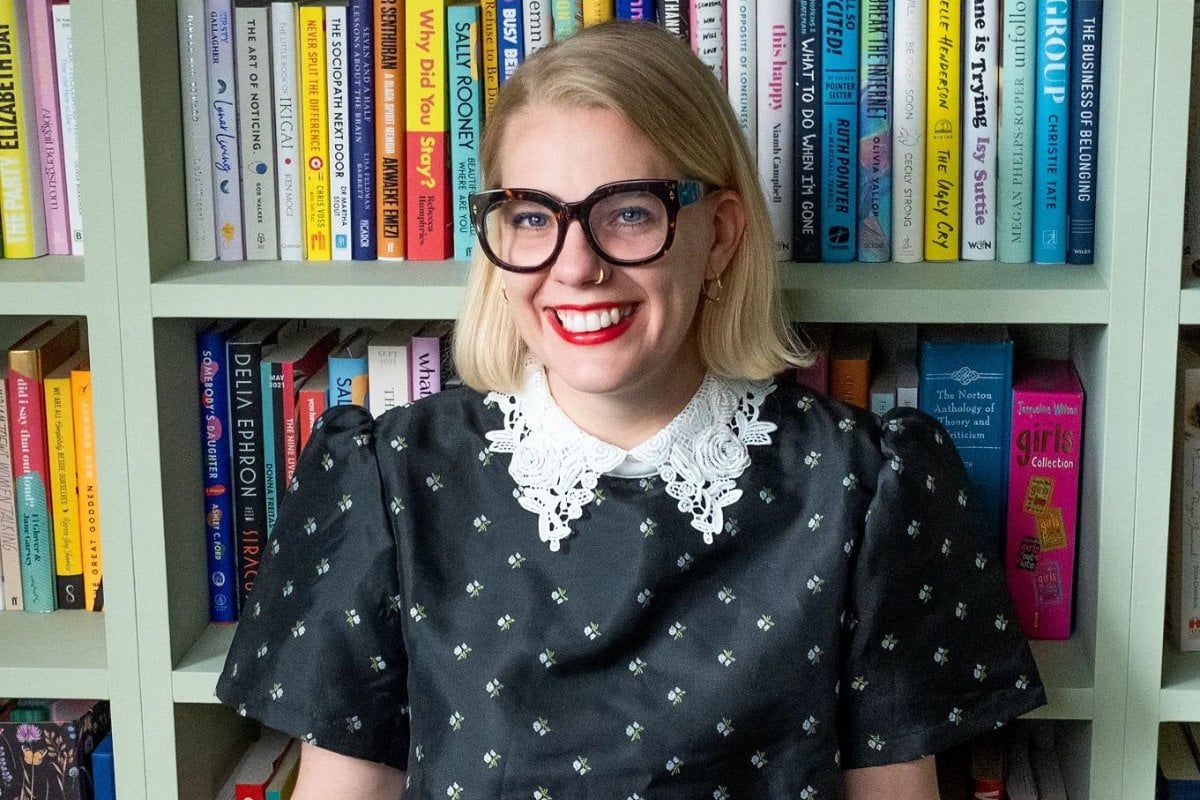
In June 2018, Emma Gannon had an epiphany.
It wasn't exactly the triumphant, life-affirming kind. Rather, this sudden realisation had her sobbing, alone, in a far-away hotel room, questioning a defining part of her identity.
See, until that moment, the British writer and podcaster had chained herself to the career treadmill. After university, she worked in social media agencies, then went on to a career in magazines at print-media giant Condé Nast. The office was her safe space. She fully embraced the high heels, the late nights, and the constant ping of emails landing in her inbox.
Watch: On No Filter, Emma Gannon speaks up about burnout. Post continues after video.
When she later chose to be a freelance writer, the treadmill only spun faster. Her interview podcast about work and wellbeing, Ctrl Alt Delete, racked up millions of downloads. Her book, The Multi-Hyphen Method, was a best-seller. And in 2018, she was named on the coveted Forbes '30 Under 30' list for her industry.
Then came that epiphany.

Top Comments